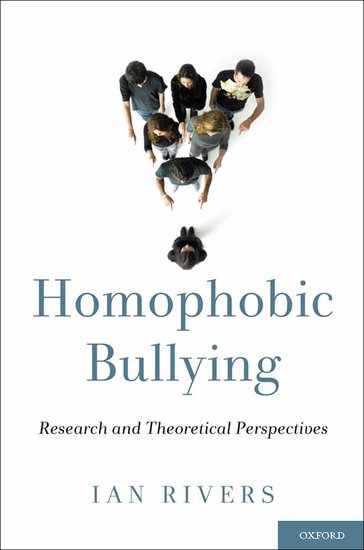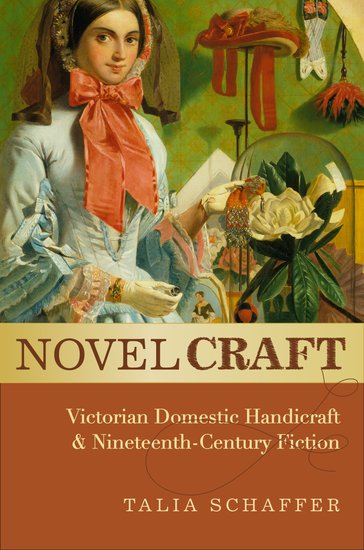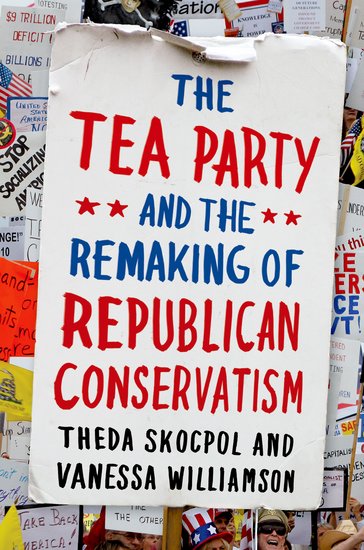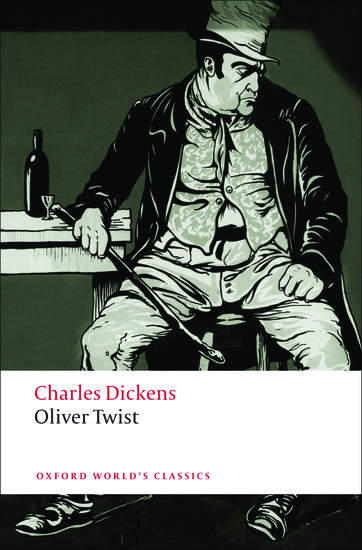Homophobic bullying
Recently I learned of yet another suicide of a young gay may which has been attributed to sustained bullying at school. Phillip Parker was 14 years old when he took his own life on Friday January 20th, 2012. Surely it has to be wrong for any young person to feel so helpless that the only way to be freed from the torment of the bullies is to commit suicide.














